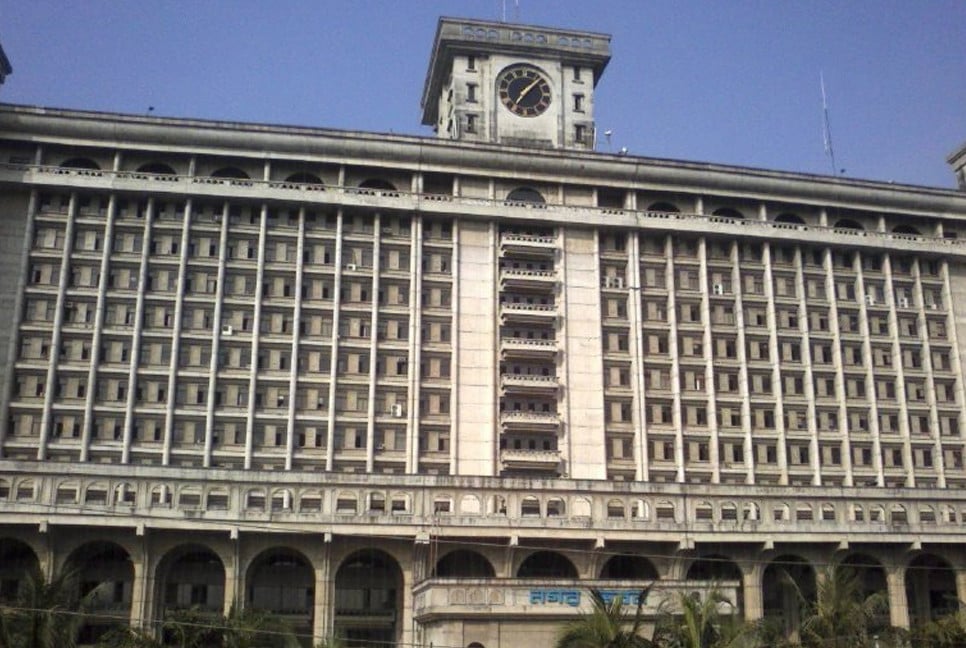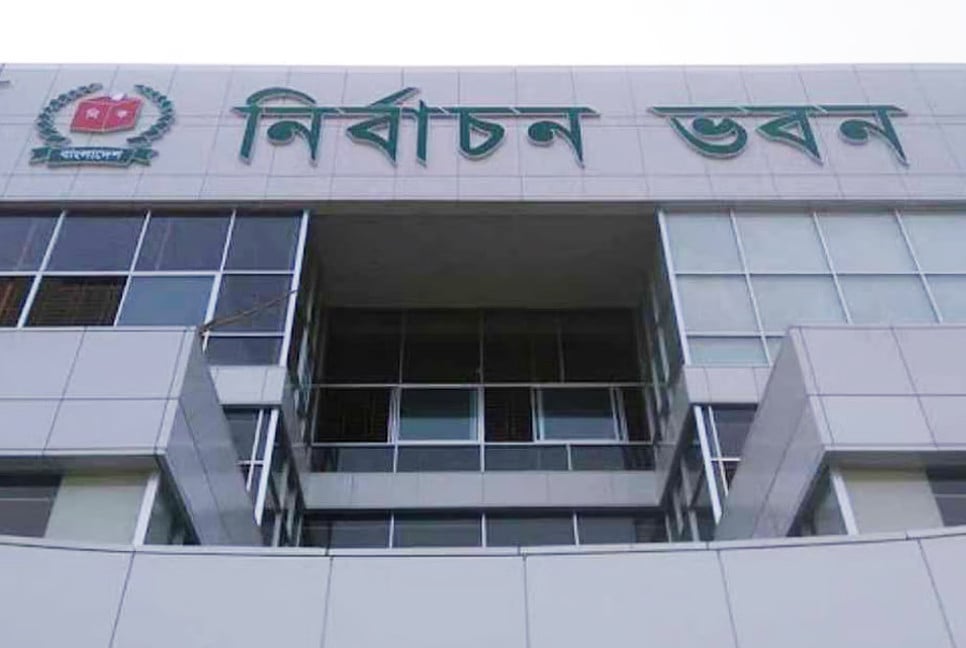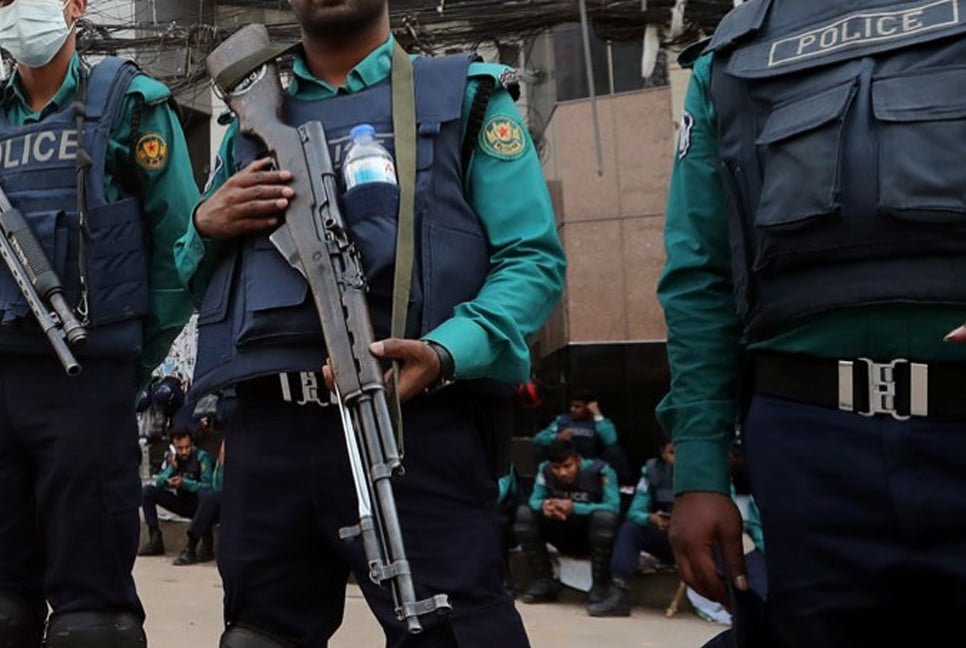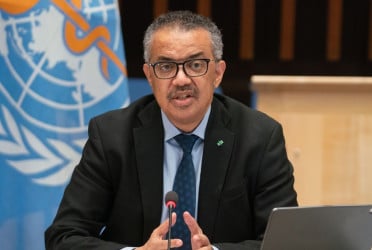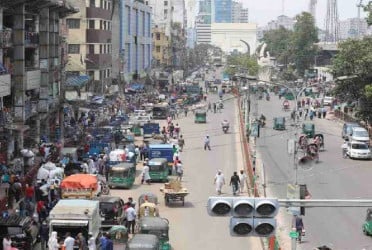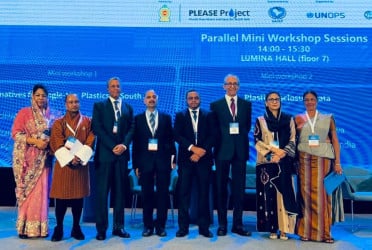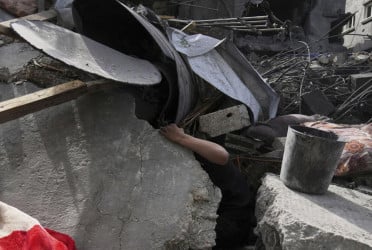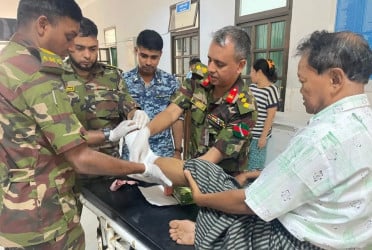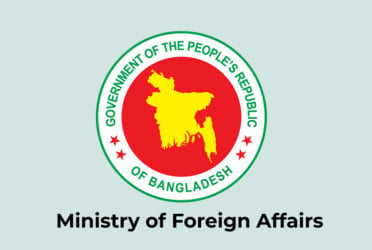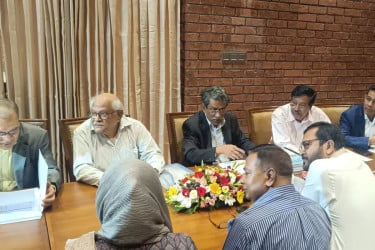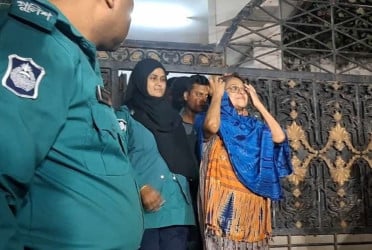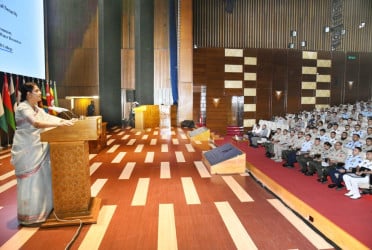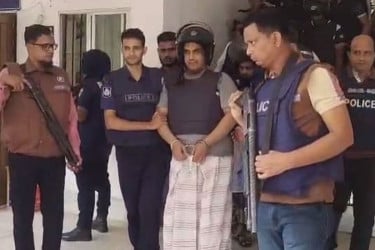Civic services in the Dhaka North and South City Corporations have come to a standstill, causing significant inconvenience for service seekers. The rise in dengue cases is being driven by inadequate mosquito control efforts, including irregular pesticide spraying and poor oversight of vector management.
Meanwhile, the absence of local ward representatives has made it increasingly difficult for the public to obtain essential documents such as birth and death certificates, as well as citizenship and inheritance certificates.
Although the regional executive officers of the corporations have been assigned the responsibility of overseeing these tasks, they are struggling to manage all duties effectively due to the added pressure of additional tasks.
Service seekers have complained of facing ongoing difficulties in obtaining essential services, such as birth registration, inheritance certificates, and other documentation.
Following the fall of the Awami League government, attacks, looting, and arson occurred at nearly all ward offices across the two Dhaka city corporations. The government removed the mayors and councillors of the corporations, and in their absence, assigned the regional executive officers of Dhaka North and South City Corporations to oversee the citizen services typically handled by councillors.
As a result, one regional executive officer is now responsible for signing documents for nine general wards and three reserved wards, in addition to managing other administrative duties. When individuals come to the ward offices for certificates, these are sent to the regional executive officers for approval. Consequently, it takes several days for the signed certificates to return to the ward offices.
Service seekers have complained that obtaining birth, death, and citizenship certificates has become increasingly difficult. The core issue is that the responsibility for service delivery now rests with an administrative officer who is unfamiliar with the local residents, leading to significant delays—often exceeding ten days—for the issuance of a single birth certificate.
Abul Kalam, a resident of Ward 15 in Dhaka South City Corporation, went to the ward office to register his son's birth and submitted the registration form. However, he was informed that it would take several days to process. The reason given was that the form would first be signed by the ward secretary and then sent to the regional office. The registration certificate would only be issued after the officer's approval.
When asked for a comment, Regional Executive Officer Muhammad Shafiqul Islam said, "No complaints regarding difficulties in birth registration have been brought to my attention. However, we are doing everything we can to ensure that people do not face any inconvenience."
Negligence in Mosquito Control
Dengue continues to spread unchecked, with thousands of people being hospitalized daily due to this mosquito-borne disease. On Monday, six people lost their lives to dengue, bringing the total number of deaths this year to 320. In total, 65,000 people have been affected by the disease.
Since the fall of the Awami League government on August 5, representatives from city corporations and other civic service agencies have been largely absent. At the same time, there have been widespread complaints about the irregular spraying of mosquito repellent, with mosquito control workers failing to carry out their duties as required.
As a result, no effective measures have been taken to control the Aedes mosquito, the primary carrier of dengue. This has led to a severe escalation in the outbreak of the disease.
Negligence in Waste Collection
Following the change in government, waste collection in the two City Corporation areas has been plagued by negligence. Residents in several neighborhoods, particularly Mirpur, Mohammadpur, Rampura, Banani, Khilgaon, and Demra, have reported that their waste has not been collected for two to three days.
In addition, allegations have surfaced regarding the takeover of waste collection van services by certain groups since the government transition.
Hasan Arif, advisor to the Ministry of Local Government, Rural Development, and Cooperatives, and the Ministry of Land, stated that the Local Government Division has formed two committees, including experts, to guide mosquito control efforts. This initiative, he noted, is a first in Bangladesh’s history.
Arif explained that determining the precise amount of pesticide or larvicide needed for effective mosquito control at specific locations requires expert input, as does tracking the effectiveness of such measures.
He further emphasized, "We have instructed the city corporations to adopt a firm approach to address disputes and territorial control over waste collection. If necessary, we will seek the support of law enforcement to resolve this issue. We will not tolerate any form of control over waste management that victimizes the public. Such practices are unacceptable and will not be permitted."
Translated by ARK/Bd-Pratidin English

